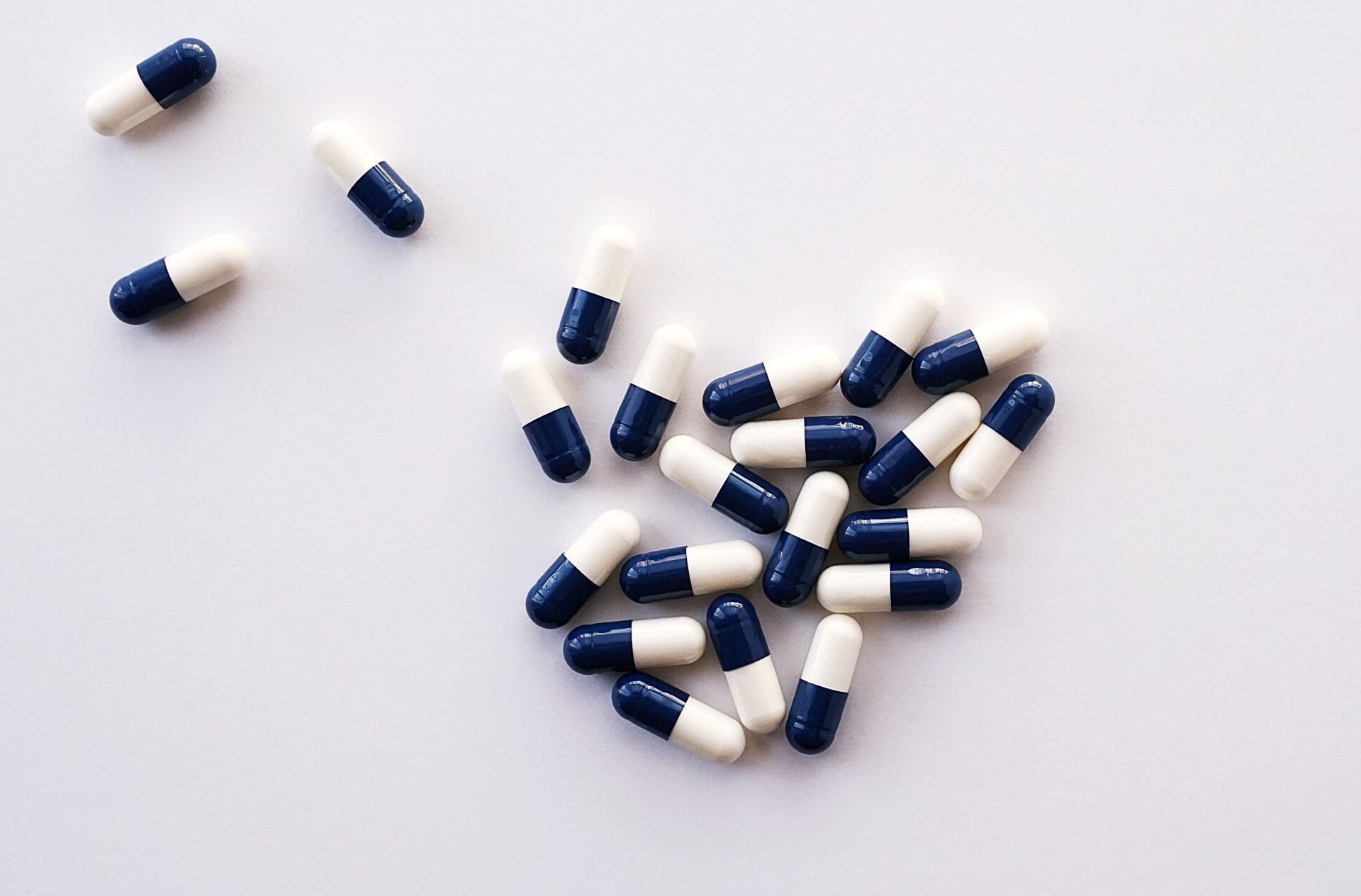
Ibogaine, a naturally occurring psychoactive substance found in plants like Tabernanthe iboga, has intrigued scientists and seekers alike. Known for its potential to treat addiction, this powerful compound has a rich history and complex effects. What makes Ibogaine so special? It's not just its ability to interrupt addiction cycles but also its unique journey from traditional African rituals to modern medical research. From its roots in Gabonese Bwiti ceremonies to its controversial status in Western medicine, Ibogaine's story is as multifaceted as its effects. Whether you're curious about its origins, its legal status, or its potential benefits and risks, this article will provide a comprehensive look at 20 fascinating facts about Ibogaine. Buckle up for an enlightening ride through the world of this extraordinary substance!
What is Ibogaine?
Ibogaine is a naturally occurring psychoactive substance found in plants like Tabernanthe iboga. It has been used for centuries in traditional African spiritual ceremonies. Recently, it has gained attention for its potential in treating addiction and other mental health issues.
- Ibogaine is derived from the root bark of the Tabernanthe iboga plant, native to Central Africa.
- Traditional African cultures have used ibogaine for centuries in spiritual and healing ceremonies.
- Ibogaine is classified as a Schedule I substance in the United States, making it illegal to possess or distribute.
- Despite its legal status in the U.S., ibogaine is used in some countries for addiction treatment.
How Does Ibogaine Work?
Understanding how ibogaine works can help explain its potential benefits and risks. It interacts with various neurotransmitter systems in the brain, which may contribute to its effects.
- Ibogaine affects the brain's serotonin and dopamine systems, which are involved in mood regulation and addiction.
- It also interacts with the NMDA receptor, which plays a role in learning and memory.
- Ibogaine can induce a dream-like state, often described as a "waking dream," which some believe helps in psychological healing.
- The substance has been reported to reduce withdrawal symptoms and cravings in individuals with substance use disorders.
Potential Benefits of Ibogaine
Ibogaine's potential benefits extend beyond addiction treatment. Researchers are exploring its use for various mental health conditions and other medical issues.
- Some studies suggest ibogaine may help treat depression and anxiety by resetting brain chemistry.
- It has shown promise in reducing symptoms of post-traumatic stress disorder (PTSD).
- Ibogaine may have neuroprotective properties, potentially helping to protect brain cells from damage.
- There is ongoing research into its potential use for neurodegenerative diseases like Parkinson's and Alzheimer's.
Risks and Side Effects of Ibogaine
While ibogaine has potential benefits, it also carries significant risks. Understanding these risks is crucial for anyone considering its use.
- Ibogaine can cause serious cardiovascular issues, including arrhythmias and heart attacks.
- It has been associated with liver toxicity in some cases.
- The substance can induce intense psychological experiences, which may be distressing for some individuals.
- There have been reports of fatalities associated with ibogaine use, often related to pre-existing health conditions or improper administration.
Legal Status and Availability
The legal status of ibogaine varies widely around the world. Knowing where it is legal and available can help those interested in exploring its potential benefits.
- Ibogaine is illegal in the United States, classified as a Schedule I substance.
- It is legal or decriminalized in some countries, including Mexico, Brazil, and New Zealand.
- Some clinics in countries where ibogaine is legal offer treatment programs for addiction and other conditions.
- The World Health Organization has not yet provided guidelines or recommendations for ibogaine use.
Final Thoughts on Ibogaine
Ibogaine's potential as a treatment for addiction and mental health issues is both fascinating and promising. While it's not a cure-all, its unique properties offer hope for those struggling with substance abuse. Research continues to uncover more about its effects, benefits, and risks. It's crucial to approach ibogaine with caution and under professional supervision due to its powerful and sometimes unpredictable nature. As more studies emerge, we may see ibogaine becoming a more mainstream option for those seeking alternative treatments. For now, staying informed and consulting healthcare professionals is the best way to navigate its use. Remember, every treatment has its pros and cons, and what works for one person might not work for another. Stay curious, stay safe, and keep exploring the possibilities that science and nature offer.
Was this page helpful?
Our commitment to delivering trustworthy and engaging content is at the heart of what we do. Each fact on our site is contributed by real users like you, bringing a wealth of diverse insights and information. To ensure the highest standards of accuracy and reliability, our dedicated editors meticulously review each submission. This process guarantees that the facts we share are not only fascinating but also credible. Trust in our commitment to quality and authenticity as you explore and learn with us.


